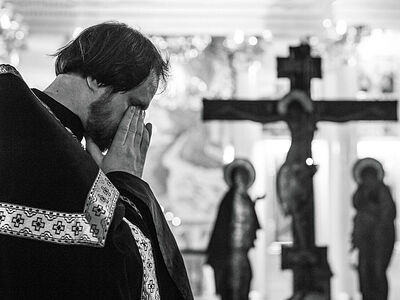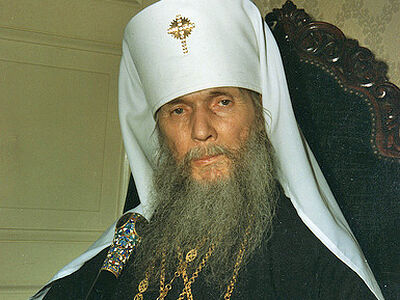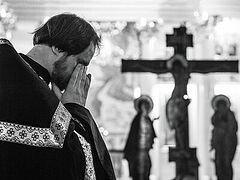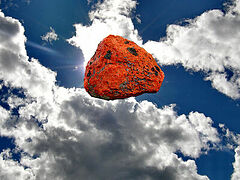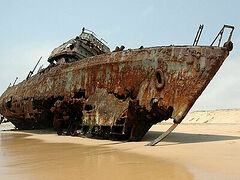A Christian’s care for his soul. The development of the Mind. The meaning of secular scientific education. The necessity of spiritual education.
Psychology acknowledges three main forces or abilities in a person’s soul: the Mind, the Emotions, the Heart, and the Will. Man perceives the surrounding world, his life, and all the conscious experiences of his own soul with his Mind. Man reacts to the influence and impressions from the external world on his own experiences with his Emotions, the Heart.
Some of these experiences are pleasant, he likes them; others are unpleasant, and he dislikes them. The “pleasantness” and “unpleasantness” of people’s likes and dislikes does not coincide. What one person likes, another does not always like, and vice versa. (A proverb: “One does not argue about taste.”) Thirdly, a person’s Will is that force within his soul through which he enters and acts in the world. The moral character of man is largely dependent upon the character and direction of his Will.
Returning to the question of the development of a spiritual personality, we need to note that in our work with ourselves, with our “I”, a person has to develop in a proper, Christian fashion the Mind, Heart, and Will, all faculties of his soul.
The Mind develops first of all and mainly through studying the sciences, through education. One should not think that Christianity considers “secular” studies or education unnecessary or even harmful.
The entire history of the ancient Church speaks against this mistaken view. It is sufficient to look at three great, universal teachers and saints, Basil the Great, St. Gregory the Divine, and St. John Chrysostom. They were the most educated people of their times, having made an excellent study of contemporary purely secular science. Although this science wore a definite pagan taint, they were able to assimilate the necessary and useful elements and discard the unneeded, and unhealthy.
So much more must we treasure secular scientific education now that past pagan admixtures have disappeared, and science strives towards the demonstration of pure truth. It is true that even today, scholars mistakenly assume that science contradicts religion and add their anti-religious views to scientific truths. But pure science is not guilty of this. Christianity has always welcomed and blessed serious secular education where mental acuity and ability is formed and strengthened.
A Christian, receiving a secular education, gives greater meaning to religious education and upbringing. We need to remember that Christianity is not the exclusive sphere of religious experiences and feelings. No, Christianity is an absolutely, complete cycle, a system of congruous knowledge, the most varied given facts, related not only to religion but also to the sciences. How can we Christians not know the life of our Savior and His miracles and teachings? How, further, can we not know the history of our holy Church, the divine services which we should know and understand and therefore study?
Christianity, as a manifold, complete scientific; system, appears as such in high school courses of Christian morality and in teachings of our faith. Christianity arises before us as the richest philosophical system, encompassing and explaining the entire world and man to himself, indicating the true meaning and goal of his earthly life.
We must also remember that when, a person receives full knowledge of God’s truth through the study of religion, he should, perceiving this truth, serve it and listen to its voice. Christ Himself said that “who is not with Me is against Me…” And in relation to Him and His Holy Will and Law, indifference, coldness, and unfulfillment of this law are destructive for the soul, making man an enemy of Christ and His Truth. That is why we should never forget His words, “Why do you call Me: Lord, Lord – and do not do what I say?” Similarly, His Apostle said, “For not the hearers of the law are Just before God, but the doers of the Law shall be Justified” (Romans 2:13).


